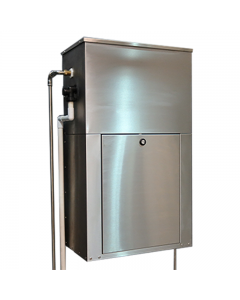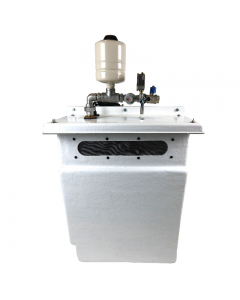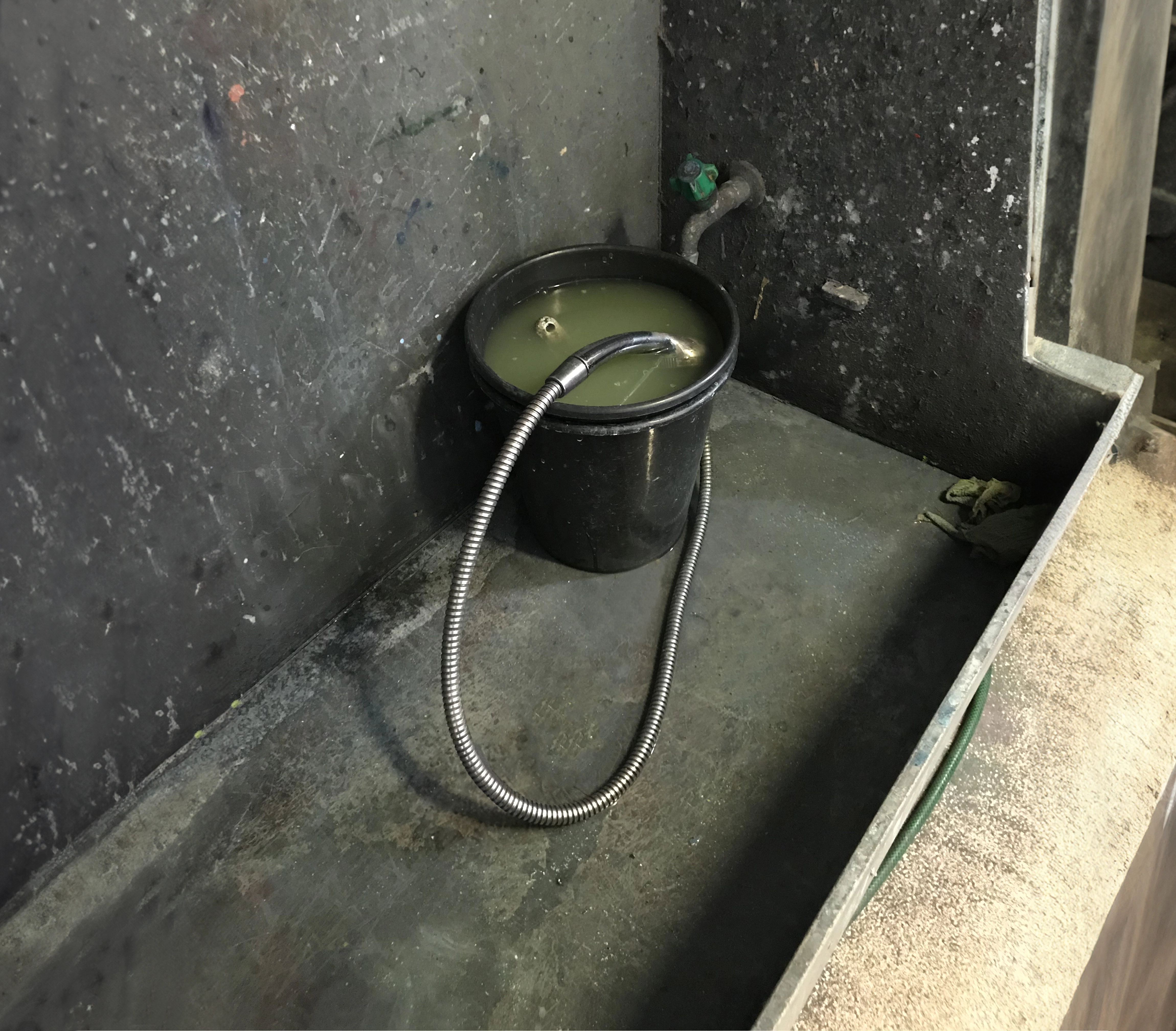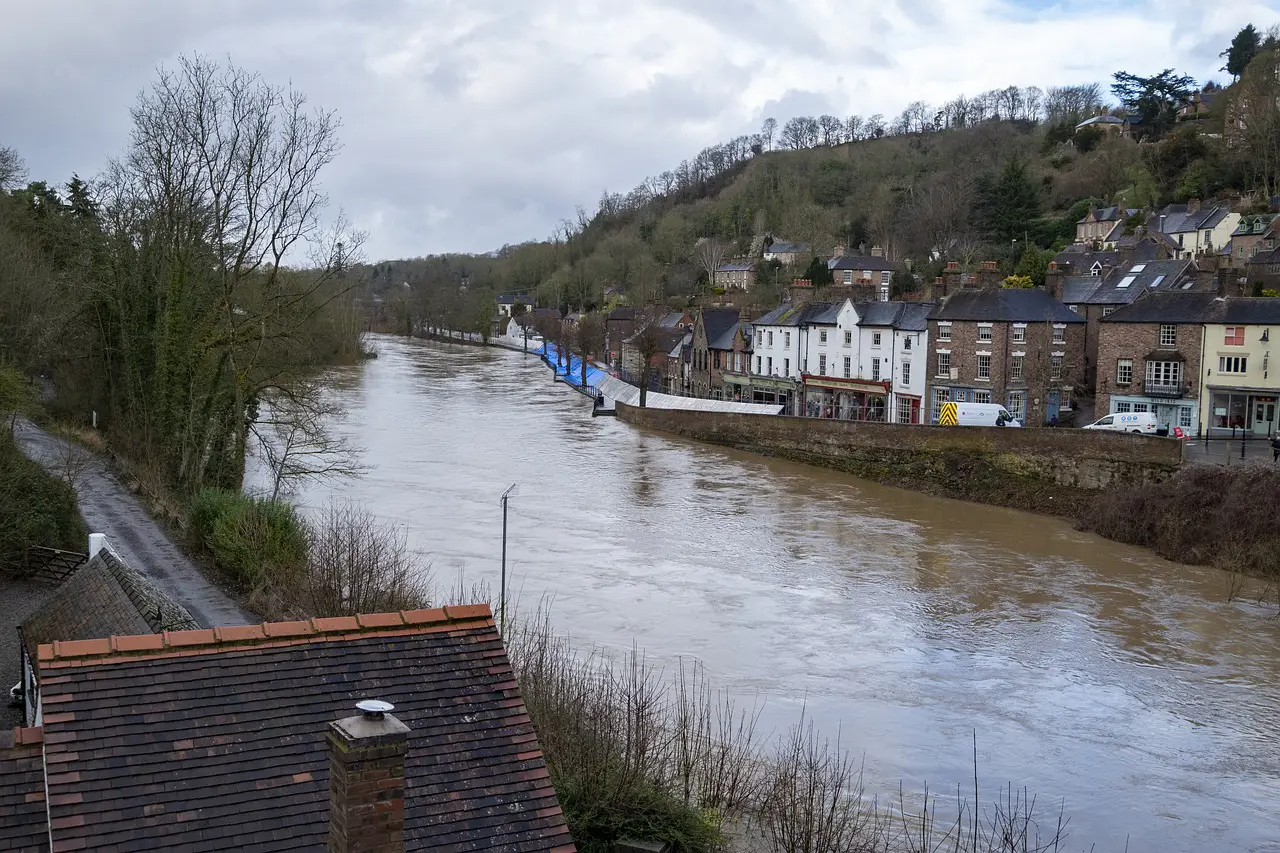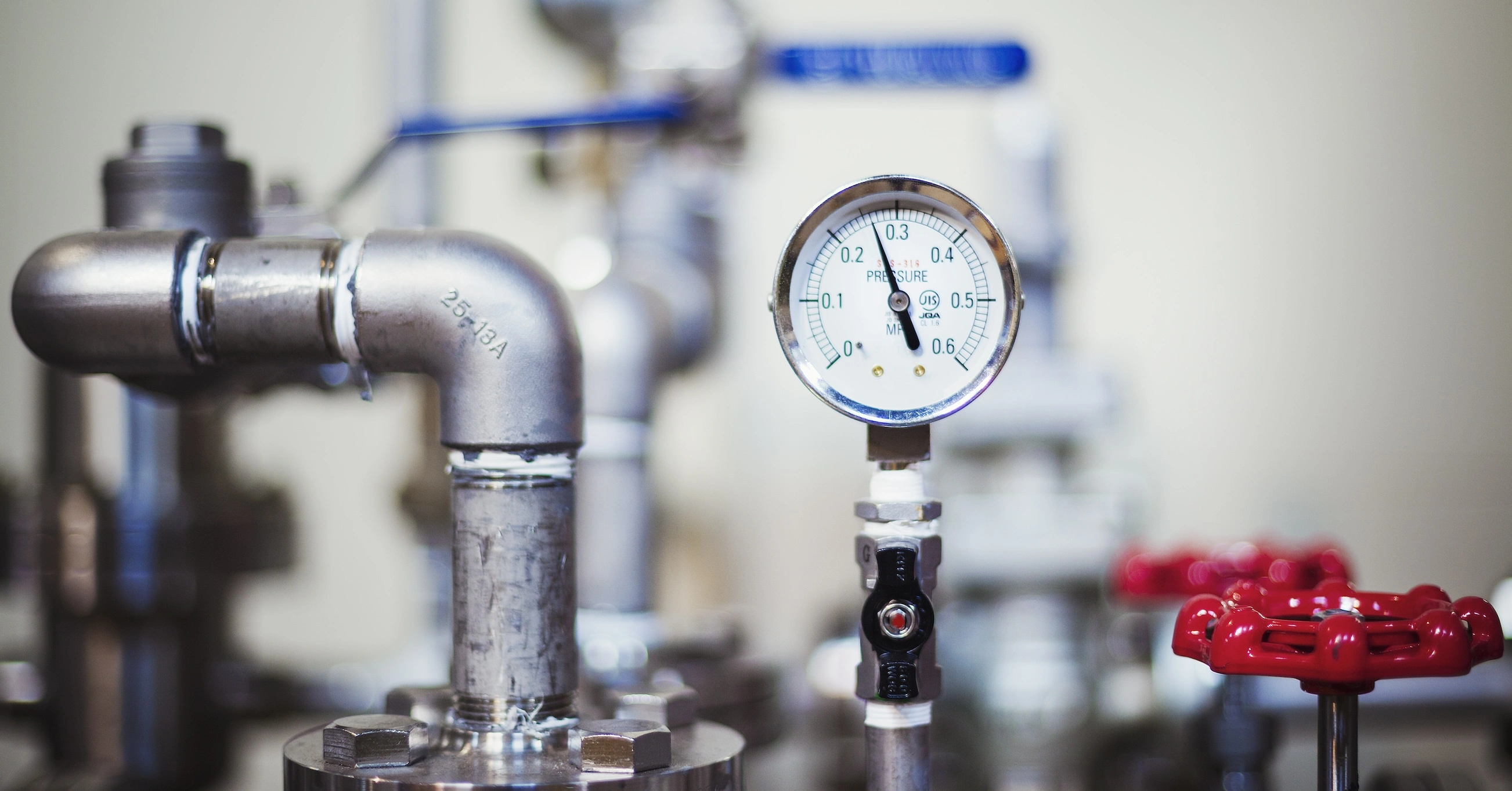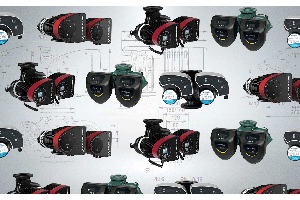Beyond the Basics: The Vital Functions of Pumps in Building Construction
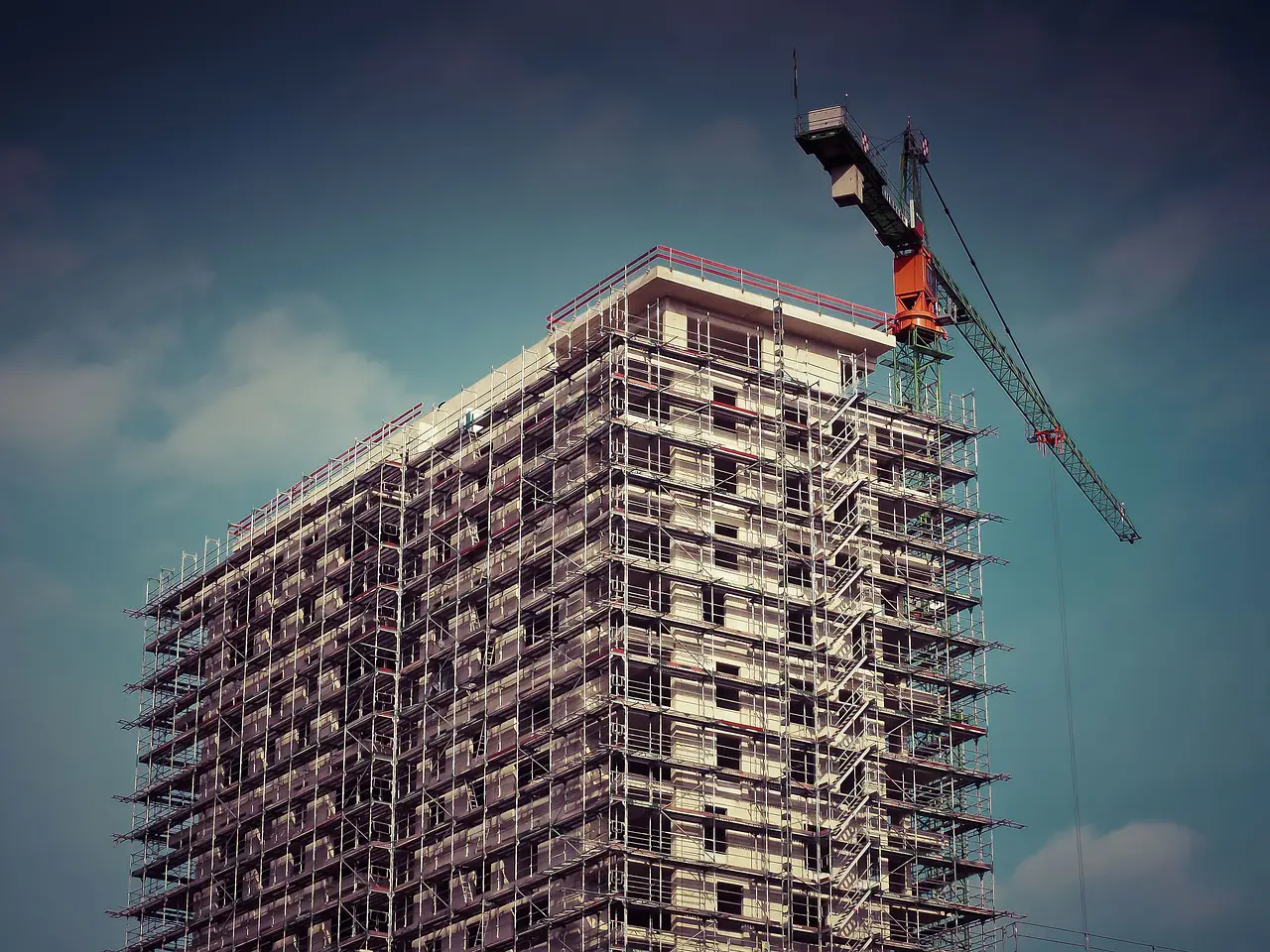
The Vital Functions of Pumps in Building Construction
Have you ever wondered how construction sites keep dry basements or deliver water to the top floor?
Picture this:
A towering skyscraper splitting clouds that dare to collide with it, its concrete foundations rock-solid and bone dry. Or if you could spin back the clock to its origin as a dusty construction site suddenly enveloped in a cool mist, offering relief to the hard workers at play while also clearing the air of floating dust particulates, these scenes would be commonplace and crucial to any successful building project.
They are made possible by the often-overlooked heroes working tirelessly behind the scenes—
Water pumps.
Don't let their unassuming utilitarian appearance fool you. These powerhouses are the lifeblood of construction, ensuring everything runs smoothly, from laying the first brick to adding the finishing touches.
So, let's ditch any preconceived notions and delve into (what we think is) the fascinating world of construction site water pumps, exploring their diverse roles and their impact on bringing buildings to life.
What are the functions of a pump on a building site?
Water pumps handle various tasks on a building site, specifically dealing with the movement and management of water. A common scenario on construction sites is the need for a strong and consistent water flow at multiple locations, such as shower blocks, canteens, or multiple floors in a building. The main water supply might not provide sufficient pressure to reach all these points effectively. Here, water booster pumps come in to increase the pressure and ensure a good flow of water across various taps and outlets.
Did you know: The UK construction industry consumes an estimated 550 million cubic meters of water annually, highlighting the significant demand for efficient water management solutions like pumps on building sites. - UK Government
Here are some key functions of pumps on construction sites:
Dewatering: This is a crucial function where water pumps remove excess water from trenches, foundations, basements, and excavations. By dewatering, they prevent flooding and ensure a stable, dry work environment for construction to proceed as planned. Submersible pumps are well-suited for this task because they can be placed directly in the water. In the UK, water damage repairs can cost an average of £3,000 to £7,000, depending on the severity and extent of the damage.
Delivering Potable Water: Booster pumps can be particularly useful for delivering clean water to temporary facilities like trailers or newly constructed buildings that might not be connected to the permanent water supply yet. Pumps ensure adequate flow for drinking and basic hygiene needs - The Health and Safety Executive (HSE) recommends providing construction workers with readily accessible drinking water, with a minimum of 2 litres per day per person.
CAT5 Water Requirement: Supplying enough water pressure for activities like dust suppression, concrete mixing, and multiple water points across the site can be challenging. These activities also pose a health risk if backflow to the main water supply occurs. A category five booster pump and tank can address this by delivering high-pressure water over long distances, ensuring all areas have sufficient water for various uses, and protecting the main supply from hazardous water that may contain pathogens, radioactive or very toxic substances. Learn more about it in our Category 5 focus video.
What are the main types of pumps used in the construction industry?
Submersible Pumps: As the name suggests, these pumps are designed to operate while submerged in water. They are ideal for dewatering trenches, basements, and flooded areas because they can be placed directly in the liquid. Submersible pumps can be centrifugal or positive displacement depending on the specific application.
Centrifugal Pumps: These are the most common type on construction sites. They use a rotating impeller to create centrifugal force, pushing fluids continuously. Centrifugal pumps are ideal for high-volume water transfer in tasks like dewatering excavations or supplying water for general use.
Positive Displacement Pumps: Unlike centrifugal pumps, these pumps have a fixed volume of liquid trapped within them. With each pump cycle, they move a specific amount of liquid regardless of the discharge pressure. Positive displacement pumps are well-suited for handling thick or viscous liquids, like concrete or sewage, and can also handle air pockets.
The UK pump market is expected to reach a value of £1.8 billion by 2027, reflecting the ongoing demand for pumps in various sectors, including construction.
-
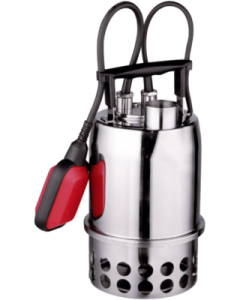 Ebara BEST ONE VOX MA Submersible Drainage Pump with Float (110V)Special Price £210.00 £175.00 Regular Price £628.15 £523.46
Ebara BEST ONE VOX MA Submersible Drainage Pump with Float (110V)Special Price £210.00 £175.00 Regular Price £628.15 £523.46 -
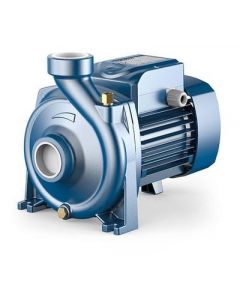 Pedrollo HFm 70C Centrifugal Pump (1 Phase)Special Price £704.16 £586.80 Regular Price £978.00 £815.00
Pedrollo HFm 70C Centrifugal Pump (1 Phase)Special Price £704.16 £586.80 Regular Price £978.00 £815.00
Choosing the Right Unit
Selecting the right water booster pump for your construction site goes beyond picking the biggest and brightest model. Depending on the project size and scope, construction delays in the UK can cost an average of £5,000 to £15,000 per day. Choose the right pump and avoid project delays due to inadequate water pressure.
Here's a breakdown of key factors to consider:
Water Demand: Identify the amount of water pressure and flow your site needs. Consider peak usage times and the number of activities that will require water simultaneously.
Input Pressure: Measure the existing water pressure from the main supply. This will tell you how much extra push the booster pump needs to provide.
Elevation Changes: Water pressure naturally decreases with height. If your site has a high-rise building, the booster pump must compensate for the additional vertical distance the water has to travel.
Pipe Length and Diameter: Friction in pipes reduces water pressure. Longer or narrower pipes create more friction loss. When choosing a pump, factor in the pipe layout and diameter to ensure it overcomes this pressure drop.
Pump Type: There are different booster pump configurations. Centrifugal pumps are common for high-flow applications, while multi-stage pumps are ideal for situations requiring extra pressure for high-rise buildings.
Streamline your site's operation! Optimise water flow and maximise efficiency with our expert water pump selection service. Contact us today and let our team ensure your project avoids costly delays due to inadequate pressure.
Submersible Drainage Pumps
-
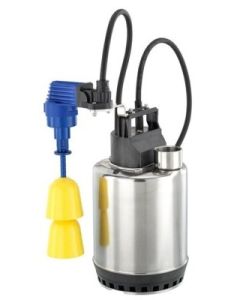 Lowara DOC3/A GW Submersible Pump with Magnetic Float Switch (110V)Special Price £180.00 £150.00 Regular Price £679.20 £566.00
Lowara DOC3/A GW Submersible Pump with Magnetic Float Switch (110V)Special Price £180.00 £150.00 Regular Price £679.20 £566.00 -
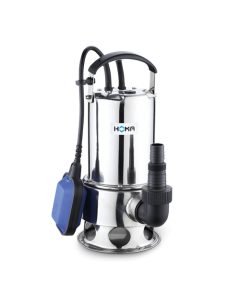 Homa TCV519 W Stainless Steel Submersible Pump (230V)Special Price £1,394.28 £1,161.90 Regular Price £1,549.20 £1,291.00
Homa TCV519 W Stainless Steel Submersible Pump (230V)Special Price £1,394.28 £1,161.90 Regular Price £1,549.20 £1,291.00 -
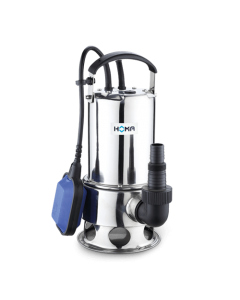 Homa TCV514 W Stainless Steel Submersible Pump (230V)Special Price £1,037.88 £864.90 Regular Price £1,153.20 £961.00
Homa TCV514 W Stainless Steel Submersible Pump (230V)Special Price £1,037.88 £864.90 Regular Price £1,153.20 £961.00 -
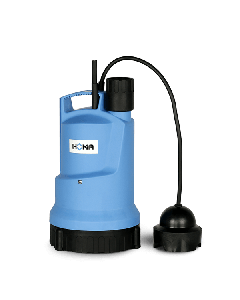 Homa Chromatic C240 WF Sensoflat Low Level Drainage PumpSpecial Price £550.80 £459.00 Regular Price £648.00 £540.00
Homa Chromatic C240 WF Sensoflat Low Level Drainage PumpSpecial Price £550.80 £459.00 Regular Price £648.00 £540.00 -
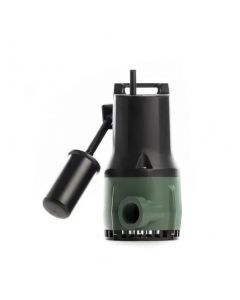 DAB Nova 300 MA Submersible PumpSpecial Price £175.69 £146.41 Regular Price £250.98 £209.15
DAB Nova 300 MA Submersible PumpSpecial Price £175.69 £146.41 Regular Price £250.98 £209.15 -
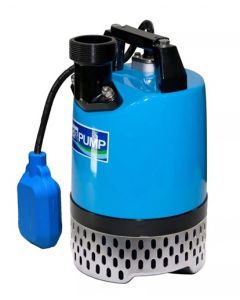 HCP Pumps GD-750F (110V) Submersible Dewatering PumpSpecial Price £555.36 £462.80 Regular Price £854.40 £712.00
HCP Pumps GD-750F (110V) Submersible Dewatering PumpSpecial Price £555.36 £462.80 Regular Price £854.40 £712.00 -
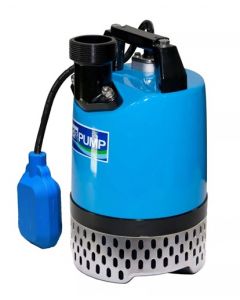 HCP Pumps GD-750F (230V) Submersible Dewatering PumpSpecial Price £529.62 £441.35 Regular Price £814.80 £679.00
HCP Pumps GD-750F (230V) Submersible Dewatering PumpSpecial Price £529.62 £441.35 Regular Price £814.80 £679.00 -
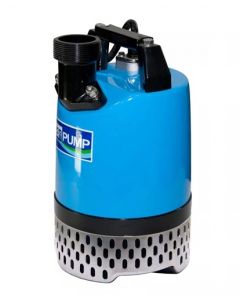 HCP Pumps GD-750 (110V) Submersible Dewatering PumpSpecial Price £526.50 £438.75 Regular Price £810.00 £675.00
HCP Pumps GD-750 (110V) Submersible Dewatering PumpSpecial Price £526.50 £438.75 Regular Price £810.00 £675.00 -
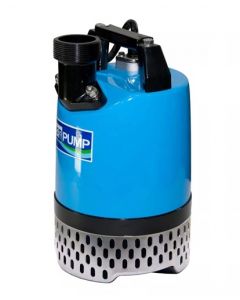 HCP Pumps GD-750 (230V) Submersible Dewatering PumpSpecial Price £501.54 £417.95 Regular Price £771.60 £643.00
HCP Pumps GD-750 (230V) Submersible Dewatering PumpSpecial Price £501.54 £417.95 Regular Price £771.60 £643.00 -
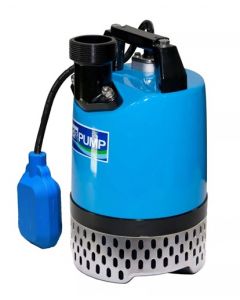 HCP Pumps GD-400F (230V) Submersible Dewatering PumpSpecial Price £421.98 £351.65 Regular Price £649.20 £541.00
HCP Pumps GD-400F (230V) Submersible Dewatering PumpSpecial Price £421.98 £351.65 Regular Price £649.20 £541.00 -
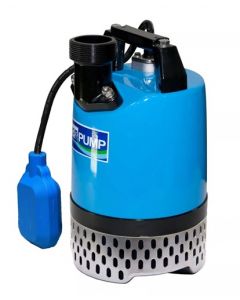 HCP Pumps GD-400F (110V) Submersible Dewatering PumpSpecial Price £447.72 £373.10 Regular Price £688.80 £574.00
HCP Pumps GD-400F (110V) Submersible Dewatering PumpSpecial Price £447.72 £373.10 Regular Price £688.80 £574.00 -
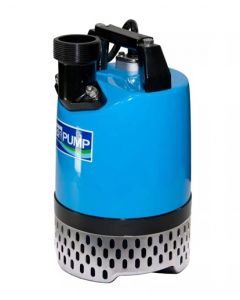 HCP Pumps GD-400 (110V) Submersible Dewatering PumpSpecial Price £414.96 £345.80 Regular Price £638.40 £532.00
HCP Pumps GD-400 (110V) Submersible Dewatering PumpSpecial Price £414.96 £345.80 Regular Price £638.40 £532.00 -
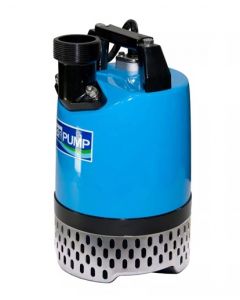 HCP Pumps GD-400 (230V) Submersible Dewatering PumpSpecial Price £393.90 £328.25 Regular Price £606.00 £505.00
HCP Pumps GD-400 (230V) Submersible Dewatering PumpSpecial Price £393.90 £328.25 Regular Price £606.00 £505.00 -
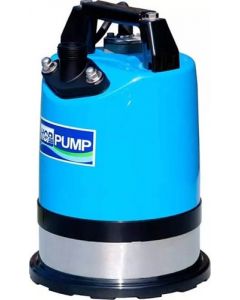 HCP Pumps GDR-400 (230V) Puddle Sucker PumpSpecial Price £383.99 £319.99 Regular Price £696.00 £580.00
HCP Pumps GDR-400 (230V) Puddle Sucker PumpSpecial Price £383.99 £319.99 Regular Price £696.00 £580.00 -
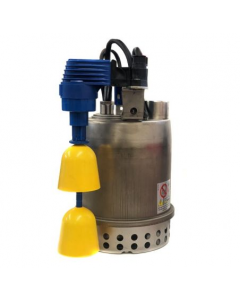 Ebara BEST ONE WVBPNENX (AGMA) Submersible Drainage Pump with Cup Float (1 Phase)Special Price £210.00 £175.00 Regular Price £578.26 £481.88
Ebara BEST ONE WVBPNENX (AGMA) Submersible Drainage Pump with Cup Float (1 Phase)Special Price £210.00 £175.00 Regular Price £578.26 £481.88 -
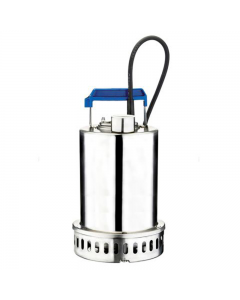 Ebara Best 4 400V Submersible Drainage PumpSpecial Price £840.13 £700.11 Regular Price £1,292.51 £1,077.09
Ebara Best 4 400V Submersible Drainage PumpSpecial Price £840.13 £700.11 Regular Price £1,292.51 £1,077.09 -
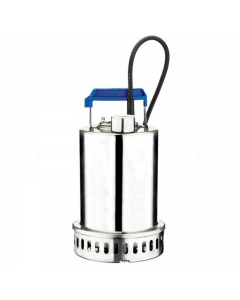 Ebara Best 3 400V Submersible Drainage PumpSpecial Price £743.94 £619.95 Regular Price £1,144.52 £953.77
Ebara Best 3 400V Submersible Drainage PumpSpecial Price £743.94 £619.95 Regular Price £1,144.52 £953.77 -
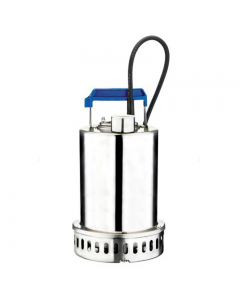 Ebara Best 2 400V Submersible Drainage PumpSpecial Price £538.26 £448.55 Regular Price £828.08 £690.07
Ebara Best 2 400V Submersible Drainage PumpSpecial Price £538.26 £448.55 Regular Price £828.08 £690.07 -
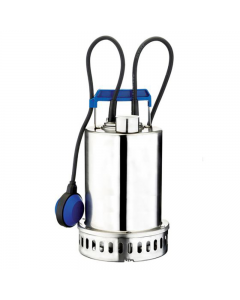 Ebara Best 2 MA 110V Submersible Drainage PumpSpecial Price £643.52 £536.27 Regular Price £990.04 £825.03
Ebara Best 2 MA 110V Submersible Drainage PumpSpecial Price £643.52 £536.27 Regular Price £990.04 £825.03 -
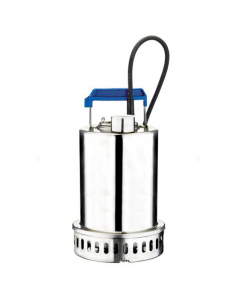 Ebara Best 4 M 230V Submersible Drainage PumpSpecial Price £840.13 £700.11 Regular Price £1,292.51 £1,077.09
Ebara Best 4 M 230V Submersible Drainage PumpSpecial Price £840.13 £700.11 Regular Price £1,292.51 £1,077.09
Centrifugal Pumps
-
 Pedrollo HFm 70C Centrifugal Pump (1 Phase)Special Price £704.16 £586.80 Regular Price £978.00 £815.00
Pedrollo HFm 70C Centrifugal Pump (1 Phase)Special Price £704.16 £586.80 Regular Price £978.00 £815.00 -
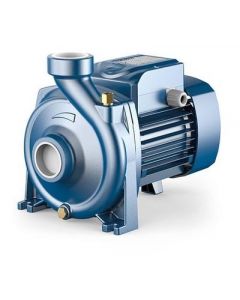 Pedrollo HFm 70B Centrifugal Pump (1 Phase)Special Price £740.45 £617.04 Regular Price £1,028.40 £857.00
Pedrollo HFm 70B Centrifugal Pump (1 Phase)Special Price £740.45 £617.04 Regular Price £1,028.40 £857.00 -
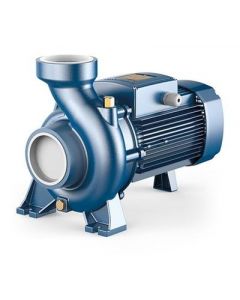 Pedrollo HFm 6C Centrifugal Pump (1 Phase)Special Price £799.20 £666.00 Regular Price £1,110.00 £925.00
Pedrollo HFm 6C Centrifugal Pump (1 Phase)Special Price £799.20 £666.00 Regular Price £1,110.00 £925.00 -
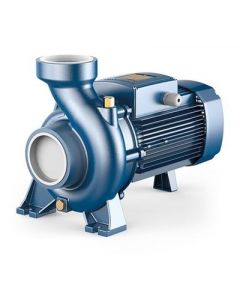 Pedrollo HFm 6B Centrifugal Pump (1 Phase)Special Price £831.17 £692.64 Regular Price £1,154.40 £962.00
Pedrollo HFm 6B Centrifugal Pump (1 Phase)Special Price £831.17 £692.64 Regular Price £1,154.40 £962.00 -
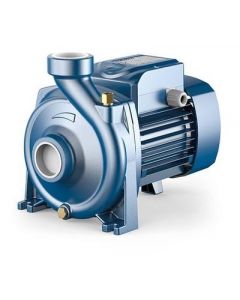 Pedrollo HFm 5BM Centrifugal Pump (1 Phase)Special Price £694.66 £578.88 Regular Price £964.80 £804.00
Pedrollo HFm 5BM Centrifugal Pump (1 Phase)Special Price £694.66 £578.88 Regular Price £964.80 £804.00 -
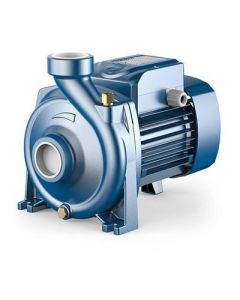 Pedrollo HFm 5B Centrifugal Pump (1 Phase)Special Price £456.19 £380.16 Regular Price £633.60 £528.00
Pedrollo HFm 5B Centrifugal Pump (1 Phase)Special Price £456.19 £380.16 Regular Price £633.60 £528.00 -
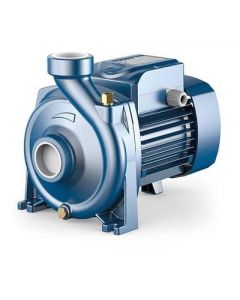 Pedrollo HFm 5AM Centrifugal Pump (1 Phase)Special Price £730.08 £608.40 Regular Price £1,014.00 £845.00
Pedrollo HFm 5AM Centrifugal Pump (1 Phase)Special Price £730.08 £608.40 Regular Price £1,014.00 £845.00 -
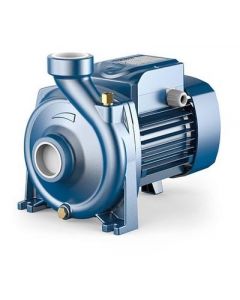 Pedrollo HFm 5A Centrifugal Pump (1 Phase)Special Price £485.57 £404.64 Regular Price £674.40 £562.00
Pedrollo HFm 5A Centrifugal Pump (1 Phase)Special Price £485.57 £404.64 Regular Price £674.40 £562.00 -
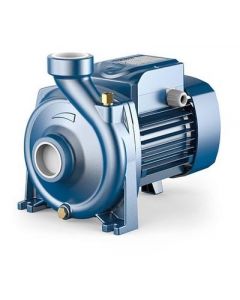 Pedrollo HFm 51B Centrifugal Pump (1 Phase)Special Price £424.22 £353.52 Regular Price £589.20 £491.00
Pedrollo HFm 51B Centrifugal Pump (1 Phase)Special Price £424.22 £353.52 Regular Price £589.20 £491.00 -
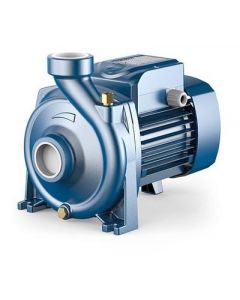 Pedrollo HFm 51A Centrifugal Pump (1 Phase)Special Price £433.73 £361.44 Regular Price £602.40 £502.00
Pedrollo HFm 51A Centrifugal Pump (1 Phase)Special Price £433.73 £361.44 Regular Price £602.40 £502.00 -
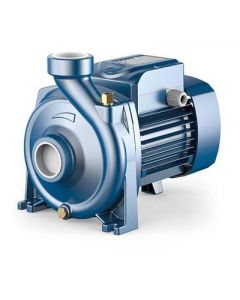 Pedrollo HFm 50B Centrifugal Pump (1 Phase)Special Price £347.33 £289.44 Regular Price £482.40 £402.00
Pedrollo HFm 50B Centrifugal Pump (1 Phase)Special Price £347.33 £289.44 Regular Price £482.40 £402.00 -
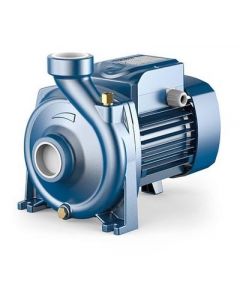 Pedrollo HFm 50A Centrifugal Pump (1 Phase)Special Price £358.56 £298.80 Regular Price £498.00 £415.00
Pedrollo HFm 50A Centrifugal Pump (1 Phase)Special Price £358.56 £298.80 Regular Price £498.00 £415.00 -
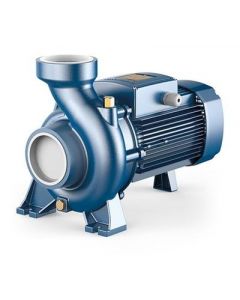 Pedrollo HFm 4 Centrifugal Pump (1 Phase)Special Price £450.14 £375.12 Regular Price £625.20 £521.00
Pedrollo HFm 4 Centrifugal Pump (1 Phase)Special Price £450.14 £375.12 Regular Price £625.20 £521.00 -
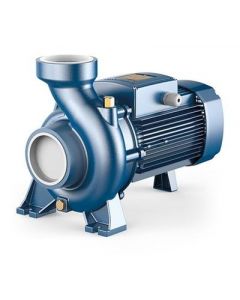 Pedrollo HF 8B Centrifugal Pump (3 Phase)Special Price £1,441.15 £1,200.96 Regular Price £2,001.60 £1,668.00
Pedrollo HF 8B Centrifugal Pump (3 Phase)Special Price £1,441.15 £1,200.96 Regular Price £2,001.60 £1,668.00 -
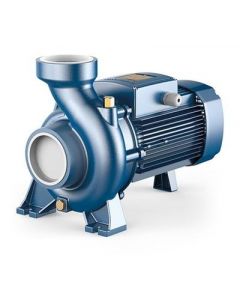 Pedrollo HF 8A Centrifugal Pump (3 Phase)Special Price £1,509.41 £1,257.84 Regular Price £2,096.40 £1,747.00
Pedrollo HF 8A Centrifugal Pump (3 Phase)Special Price £1,509.41 £1,257.84 Regular Price £2,096.40 £1,747.00 -
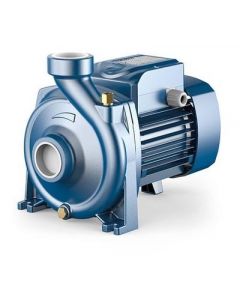 Pedrollo HF 70C Centrifugal Pump (3 Phase)Special Price £746.50 £622.08 Regular Price £1,036.80 £864.00
Pedrollo HF 70C Centrifugal Pump (3 Phase)Special Price £746.50 £622.08 Regular Price £1,036.80 £864.00 -
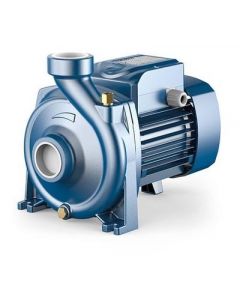 Pedrollo HF 70B Centrifugal Pump (3 Phase)Special Price £766.37 £638.64 Regular Price £1,064.40 £887.00
Pedrollo HF 70B Centrifugal Pump (3 Phase)Special Price £766.37 £638.64 Regular Price £1,064.40 £887.00 -
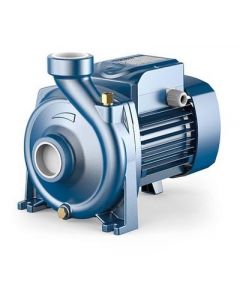 Pedrollo HF 70A Centrifugal Pump (3 Phase)Special Price £814.75 £678.96 Regular Price £1,131.60 £943.00
Pedrollo HF 70A Centrifugal Pump (3 Phase)Special Price £814.75 £678.96 Regular Price £1,131.60 £943.00 -
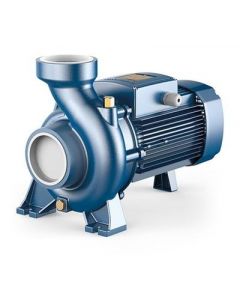 Pedrollo HF 6C Centrifugal Pump (3 Phase)Special Price £831.17 £692.64 Regular Price £1,154.40 £962.00
Pedrollo HF 6C Centrifugal Pump (3 Phase)Special Price £831.17 £692.64 Regular Price £1,154.40 £962.00 -
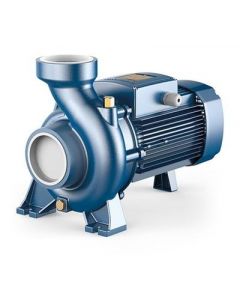 Pedrollo HF 6B Centrifugal Pump (3 Phase)Special Price £867.46 £722.88 Regular Price £1,204.80 £1,004.00
Pedrollo HF 6B Centrifugal Pump (3 Phase)Special Price £867.46 £722.88 Regular Price £1,204.80 £1,004.00





